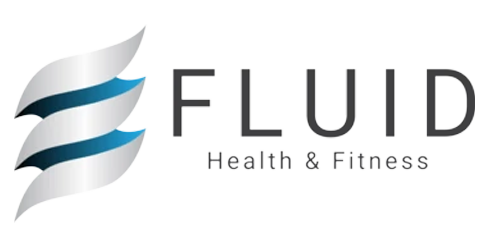
Apr 30 , 2021
0 Comments
Gut Health | Nutrient Prescription for Optimal Gut Formation Through Food
Nutrient Prescription for Optimal Gut Formation Through Food
Knowing the important link between gut health and your overall health and wellness, means that we can make educated decisions on how to feed out bodies properly.
Macronutrients:
Proper macronutrient balance can make a huge difference in the body and in your gut formation and health.
Carbohydrates: Not all carbohydrates are created equal and it is important to focus on the complex carbohydrates. Complex carbohydrates, such as brown rice, quinoa and oatmeal, contain larger amounts of fiber and nutrients. The fiber especially is an important pre-biotic or food for the healthy bacteria in the gut. Adequate amounts of carbohydrates can vary per person and goals, but generally range from 40-60% of total daily calorie intake. The timing of carbohydrate intake can also make a difference. To best feed the body and the gut, it is important to spread carbohydrate intake out throughout the day.
Protein: Intake of complete proteins is essential for creating the building blocks for a strong and functional body and gut. Protein can be found in both animal and plant products; the difference being that animal products will provide complete protein, whereas most plant sources will not provide complete protein and require combinations to ensure all essential amino acids are received. Protein is essential for the repair and maintenance of tissues, this includes those that can be found in the gut. Adequate amounts of protein will also vary per person and goals, but recommendations usually fall between 20-30% of total daily calories.
Fat: Fat is a necessary and important nutrient in your daily diet. The biggest things to remember is that the source and type of fat makes a difference and a little goes a long way. Fat comes in three forms; unsaturated, saturated and trans. Unsaturated fats are the healthiest fats to include in the diet, as they contain essential fatty acids that are important in inflammation regulation. It is best to limit saturated fat and avoid trans-fat intake, since these types of fat can increase inflammation and cause damage in the body. Calorie intake from fat should make up approximately 20-30% of your total daily intake.
Micronutrients:
Micronutrients are smaller molecules than macronutrients, but are just as important to the proper function of the body and the gut. Both water-soluble and fat-soluble vitamins are essential to proper working systems within the body. Vitamins B, C, A and D have been found to play especially important roles in gut health and development. All these vitamins can be found in a variety of sources including sea food, poultry, citrus fruit, dark leafy green and dairy. There are certain minerals that have been linked to proper gut/digestive system function. Some of the more strongly linked minerals are zinc, selenium, manganese and magnesium. The roles of these minerals range from activating digestive enzymes to controlling inflammation and reducing free radical damage.
Bringing it All Together:
Whole foods are the best way to get all the essential nutrients that the body and the gut need to form and function properly. A balanced diet with the adequate amounts of complex carbohydrates, protein, healthy fats, fruits and vegetables will help ensure that the gut and its inhabitants are fed and protected properly. Most processed foods lack many of the nutrients that are essential to the formation and function of the gut. Foods with processed sugars can feed invading bacteria and other microbes in the gut; allowing them to multiply more rapidly and take over the healthy bacteria. This can affect how the digestive system processes and absorbs nutrients. A healthy gut is an important part of the healthy life and no matter the goals, a healthy gut is essential to achieving them.
Goals
- Be Aware:
- As in previous weeks, being aware is always the first step to making changes. Review this week’s presentation and write-up.
- Take note of what nutrients are important for proper gut formation and health.
- Take Note:
- .Continue your food journal from previous weeks. Complete for at least 3-4 days, but is best if you can complete for an entire week.
- Make sure to include everything that you are eating and drinking and the amounts/portion sizes.
- Also note your intake of whole foods and processed foods.
- Take Action:
- .Alter: If you notice a lack of whole food intake or an imbalance in specific food groups, find ways to include more of these foods in your diet. If you are consuming a lot of processed foods and sugar, try going at least one day without them.
- Consult: If you are having trouble identifying patterns, including or eliminating certain foods, picking out culprits of dietary imbalance or just want more guidance in your diet patterns, consult a registered dietitian.



